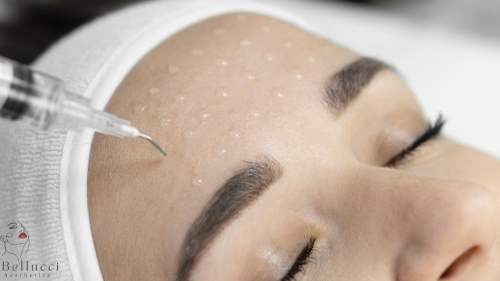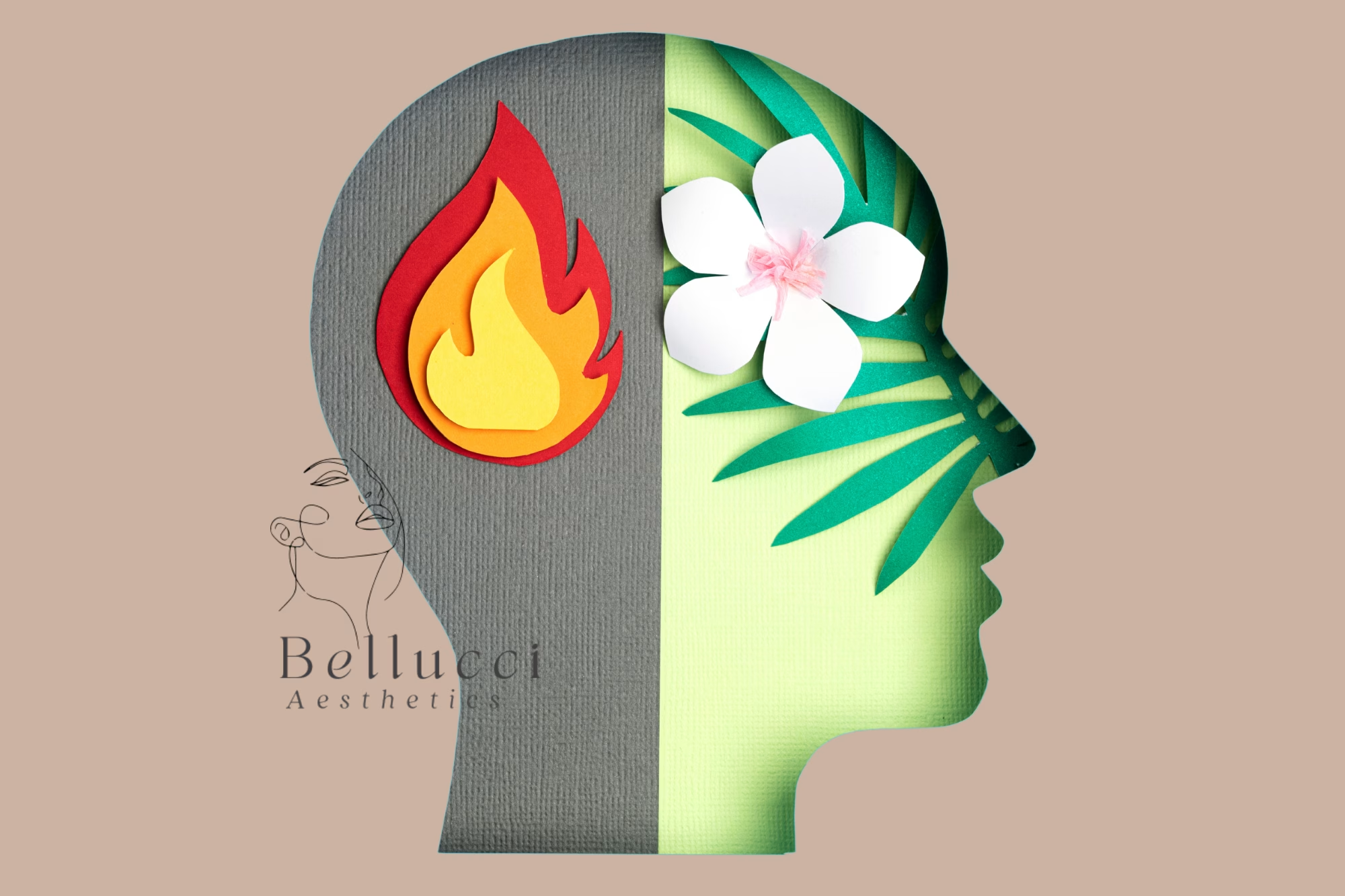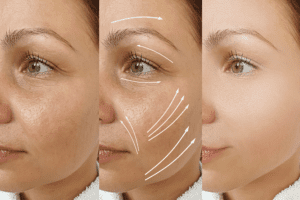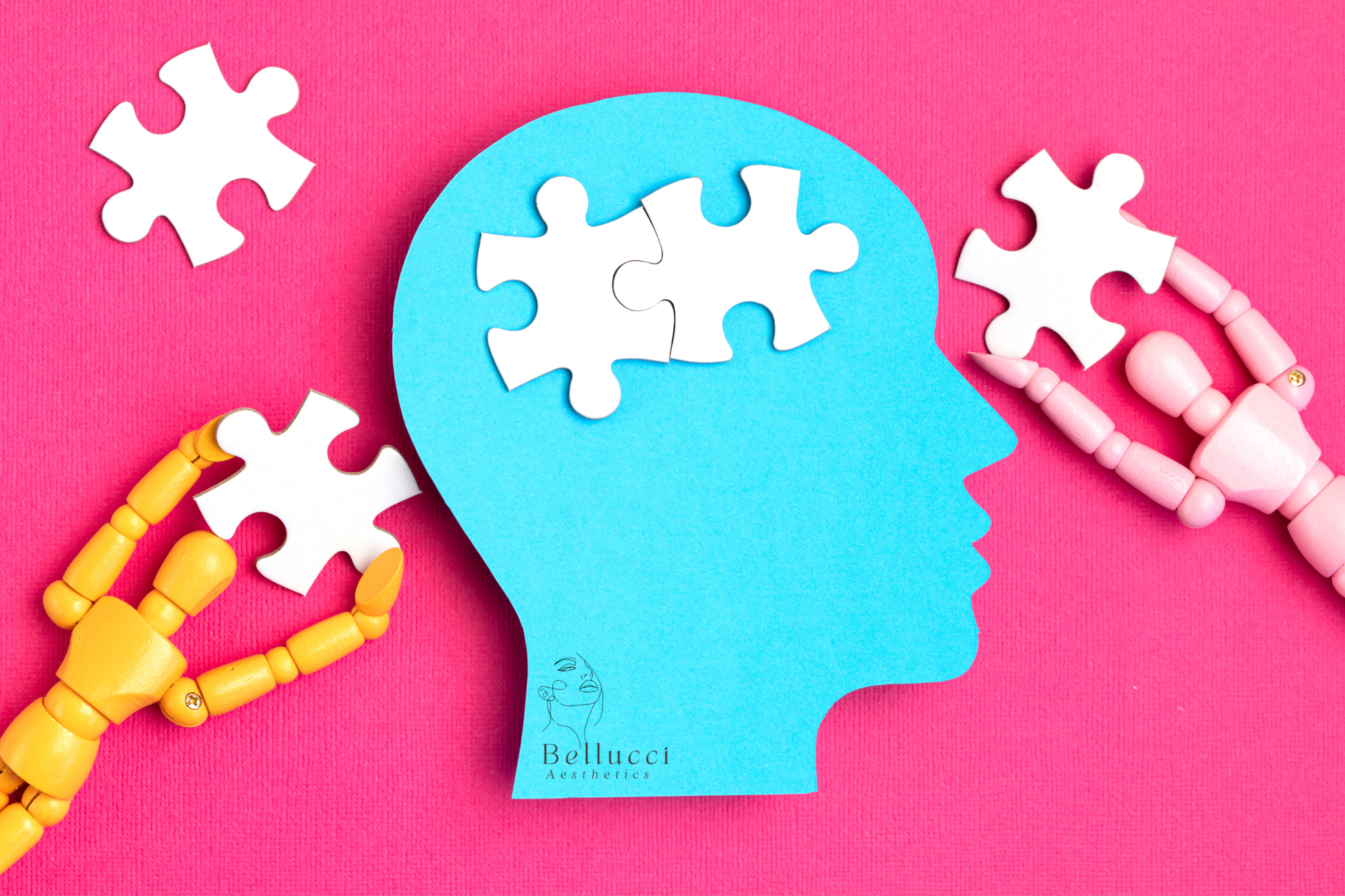
Botox for Depression

Botox for Depression: How It Works and What Research Says
Not Only a Cosmetic Procedure
Neurotoxin injections are widely known for their cosmetic use in reducing wrinkles, but recent research has shown that Botulinum Toxin aka Botox could also have therapeutic benefits for people with depression. Here’s what you need to know about how BTX works and what research says about its potential for reducing depression symptoms.
The Link Between Facial Expressions and Emotions
Facial expressions are known to be closely tied to our emotions. When we experience an emotion, our brain sends signals to our facial muscles, causing them to contract and produce a specific expression. This expression then sends feedback to our brain, reinforcing the emotion we are experiencing.
Research has shown that people with depression tend to have stronger feedback loops between their facial expressions and emotions, which can make it more challenging for them to break out of negative thought patterns and improve their mood.
How Botox Affects Neurotransmitters in the Brain?
Botox is a neurotoxin that works by temporarily paralyzing the muscles that it is injected into. When injected into the facial muscles, it can prevent them from contracting and producing the expressions that are associated with negative emotions, such as sadness or anger.
This interruption in the feedback loop between facial expressions and emotions may make it easier for people with depression to improve their mood and break out of negative thought patterns.
Clinical Trials and Results of Botox for Depression
Research on the use of Muscle Relaxants for depression is still relatively new, but early studies have shown promising results. In a study published in the Journal of Psychiatric Research, participants with major depressive disorder received either Botox injections or saline injections (placebo) in their forehead muscles.
After six weeks, the group that received the Botox injections had a significant reduction in their depression symptoms compared to the placebo group. This effect was still present at the twelve-week follow-up.
Another study published in the Journal of Affective Disorders found similar results. Participants with major depressive disorder who received Botox injections reported a significant reduction in their depression symptoms compared to a control group.
Why Botox Could Be an Effective Treatment for Depression?
Botox injections may be effective for reducing depression symptoms for several reasons.
1. By interrupting the feedback loop between facial expressions and emotions, it may be easier for people with depression to break out of negative thought patterns and improve their mood.
2. Botox injections may help reduce the physical symptoms of depression, such as fatigue or difficulty sleeping. These symptoms can make it harder for people with depression to engage in activities that could improve their moods, such as exercise or socializing.
3. Botox injections may have an indirect effect on depression by improving self-esteem and confidence. By reducing the appearance of wrinkles or other imperfections, people may feel more confident in their appearance, which can improve their overall mood.
Potential Risks and Side Effects
As with any medical treatment, there are potential risks and side effects associated with Botox injections. Common side effects include bruising, swelling, and redness at the injection site. More serious side effects, such as difficulty breathing or swallowing, are rare but can occur.
It’s also important to note that the effects of Botox injections are temporary and will wear off over time. To maintain the effects, people will need to receive regular injections, which can be costly.
Conclusion
Neurotoxin injections may be a promising treatment option for people with depression. While more research is needed to fully understand its effectiveness and potential risks, early studies have shown promising results.
If you or someone you know is struggling with depression, it’s important to speak with a qualified medical professional to determine if Botox injections may be a suitable treatment.
If you are interested in this treatment, Contact Us today.
Bellucci Aesthetics Clinic
Recent Posts

Exosome Microneedling 2025’s Revolution

Polynucleotide Secrets – Skin Rejuvenation
22 February 2024

Cherry Lips – Lip Trend Gaining Popularity in the UK in 2024
2 January 2024
Get in Touch Today
Contact us today and book your FREE Consultation at Bellucci Aesthetics Clinic



